If The Sewer Line Past the Property Line Is Clogged or Damaged – Owners May Have to Pay for Fixing
Buyers are often surprised to learn that they are responsible for the sewer line past the curb or property line in many cities. They usually think it’s the city, however, it may unexpectedly cost them $10,000 – $50,000 to repair.
Legally, there are some differences that you should know about the lower sewer lateral.
Homeowners Insurance May Not Cover Repairs or Damage

Property damage from sewer back-ups and sewer repairs can be very expensive.
Flooding and property damage from sewer back-ups is generally not covered by many homeowner insurance policies.
Also, repairs required because of tree roots invading the sewer line are generally not covered by the homeowners insurance. Special insurance or riders may be needed.
Tip – Check your homeowners policy about what is covered and what is not.
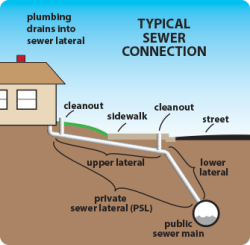
What is the “Upper Lateral” and the “Lower Lateral” ?
Upper Lateral
The “Upper Lateral” is the part of homes sewer line that runs from the home to the property line, which is often the curb or sidewalk in most areas.
Lower Lateral
The “Lower Lateral” is the section of the homes sewer line that runs from the property line (or sometimes the curb or sidewalk) to the main sewer line in the street.
Who is responsible for clogs and damage to the “Lower Lateral”
Buyers or agents may assume that any problems past the property line with the sewer line will be fixed and paid for by the city or sewer district.
The Answer – in most areas it is the property owners’ responsibility to maintain and repair the lower lateral; at their cost. In a few areas the city or local sewer department will fix or repair at their cost problems with the lower lateral.
What This Means to a Buyer – $$$
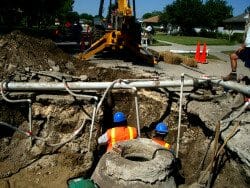
If there is a clog or damage in the lower lateral, and they buy the house, then they may need to pay for the repair or unclogging.
This can be expensive, because it often requires digging into a city street or right-of-way. This can entail, needing to hire a plumbing contractor with an “A” contractor’s license, furnishing a bond for a million dollars or more to the city, city engineers may need to be present during the work, special permits may be required, traffic control equipment and personnel may be needed, as well as city inspectors. This adds up to considerable sums of money, especially if the main sewer line is deep, far out from the curb or on a major city street.
Questions for a buyer to ask ?

- If the clog or damage is from a tree on the city right-of-way, will the city pay the bill?
- If the clog or damage is from a tree on the owners property, who pays the cost?
- If the clog or damage is from the neighbors tree, who pays the cost?
Note that some sewer departments will assess the cause of the damage and determine who is financially responsible. Some will fix the problems and then bill the property owner. Prior to doing any major digging or work, it is wise to get answers on who is responsible and who will pay.
Where does a buyer find answers about who is responsible ?
Contacting the city or local sewer department will usually answer most of these questions. At times it may be necessary to contact a local attorney who handles these type of issues.
What type of properties are most at risk ?
- Older properties
- Ones with soil movement (expansive soils, settlement issues, etc.)
- Ones with trees that have deep or aggressive roots
- Where the trees are over or near the sewer line
- Homes where there is a history of sewer issues
- At homes that have slow drains or drains backing-up
- Ones with clay or cast iron sewer lines verses ABS sewer lines
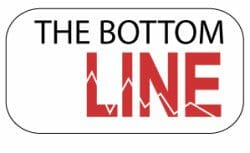
Bottom line
Sewer clogs or damage can be very expensive to fix, especially if the problem is in the “Lower Later” and the repair work involves opening up a public street to fix. Buyers and agents should be on the lookout for evidence or signs of sewer issues and address them before purchasing the property.
Having the sewer line videoed by a plumbing contractor or a contractor who specializes in videoing sewer lines is one of cheapest and best ways to avoid sewer line problems.
Know before you buy if there is a problem.
People who read this article also liked:
Sewer Video Line Inspections
- Should I video the sewer line?
- What will it reveal ?
- How do they do it ?

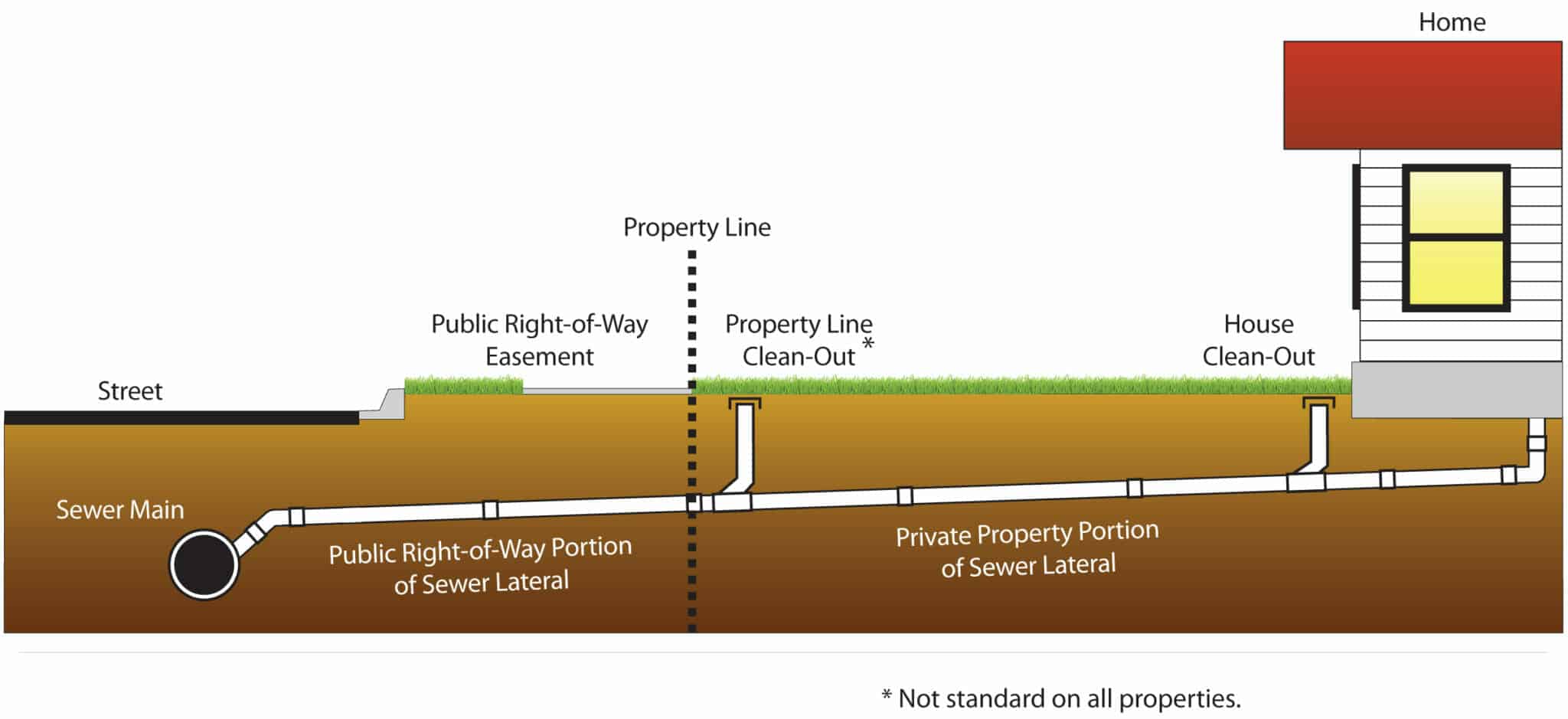
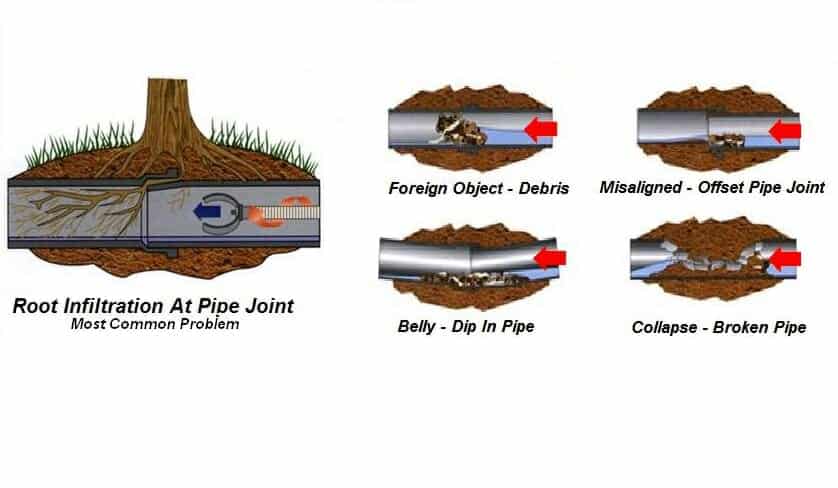
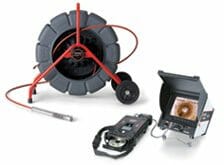
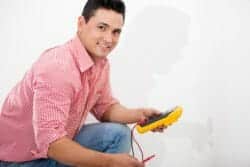


This is very informative. I never knew this & have been in re for a long time!
Thank you!
Can anyone tell me whom to contact in rural sask to get answers on a sewer problem when the towns sewer runs back into yoir home…. no trees…no roots… thank you
Paulding Co Water and Sewer said they could fix my sewer .
The Plumber says it is against the law. Who is right?